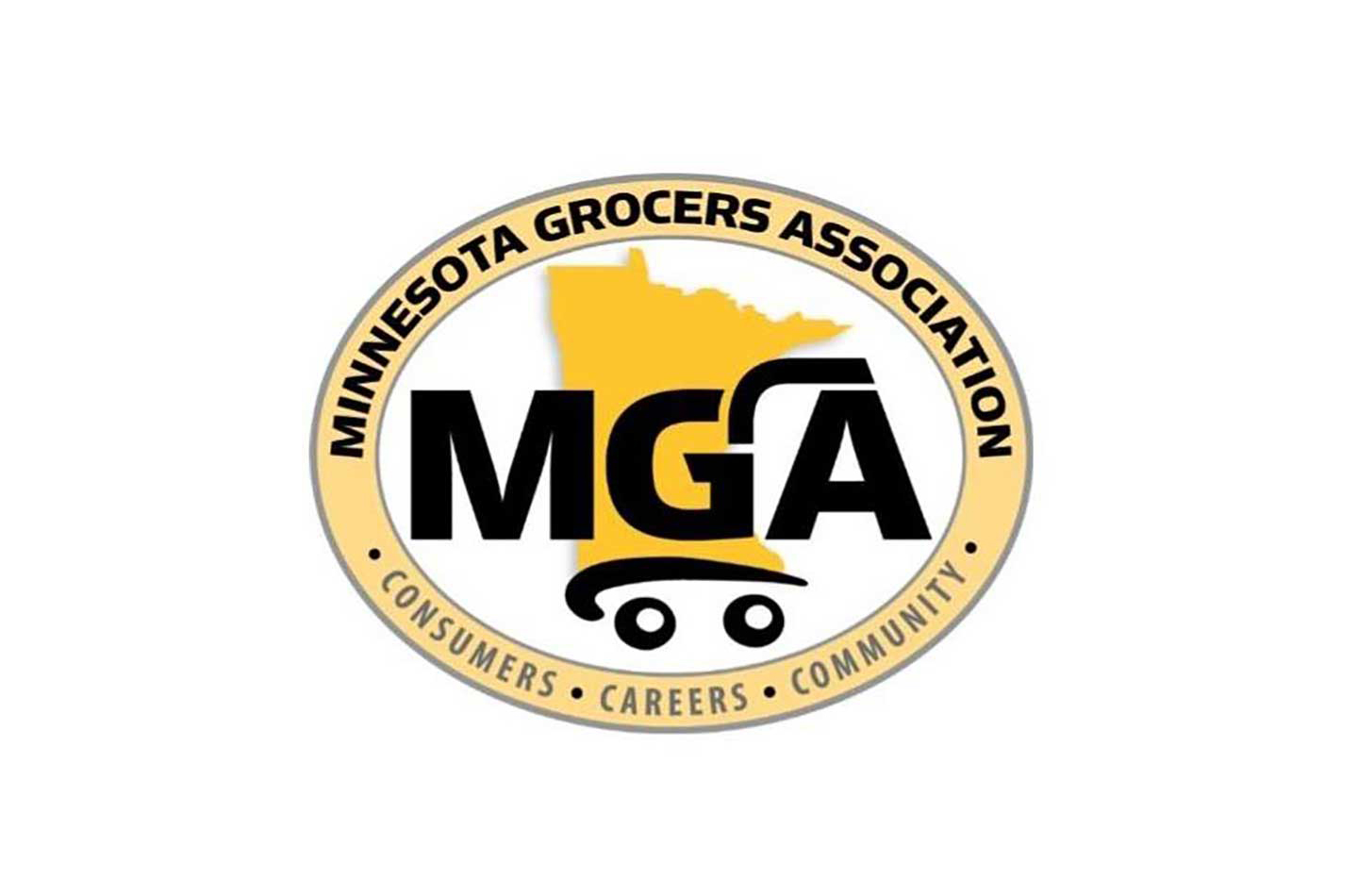Group’s success credited to committed, engaged membership
The Minnesota Grocers Association has many goals in 2022, some of which will entail a variety of happenings to celebrate its 125th anniversary.

“As a legacy organization, the MGA is extraordinarily proud of the role we play as a leader in the food industry of Minnesota – from farm to fork,” said Jamie Pfuhl, MGA president. “We are excited to be celebrating 125 years of advancing industry.
“The historic value of having industry-specific representation is critically important. Our incredibly committed and engaged membership is the foundation for our decades of success.”
The MGA is one of the oldest trade associations in the state, with some 300 retail, manufacture and wholesale members supporting nearly 1,300 locations statewide. Member companies employ more than 150,000 union and non-union Minnesotans.
Pfuhl has been with the organization for a quarter century, serving as president since 2006.
“Having spent 25 years at the Minnesota Grocers Association has been one of the most wonderful experiences for me,” she said. “The absolute joy that I have to be able to represent an industry that is so important to the community, to the state and to be having the ability to share the stories of our grocers has been just wonderful, and I thank all of our members for their support and helping make our association great,” she said.
Legislative priorities
With the state legislative session approaching, Pfuhl said the association is looking at a $7.7 billion surplus in Minnesota.
“Our legislative cycle runs on a biennium. So this is the second year…budgeting is done in the first. This is a larger focus on policy work. But we do anticipate there’ll be supplemental budgets presented,” she said.
One of the priorities will be to monitor for any tax relief or potential support for agencies that regulate MGA, maximizing the opportunities with the surplus.
Among the “greatest” challenges is a $1 million deficit in the unemployment fund, she said.
“A priority for us is going to be working with the legislature to use some of that surplus to resolve this issue,” she said. “We anticipate there’ll be a lot of labor issues. We’ll be working very diligently to tell the industry’s story when it comes to the great jobs that we have and how we promote our employees.”
How the surplus is spent is up for debate as Minnesota remains the only divided state government in the U.S.
Pfuhl was honored by the Consumer Brands Association with the “Excellence in Government Affairs” Award in 2021.
Labor concerns
As is the case with several food industry associations across the country, labor remains the No. 1 concern for MGA members, according to Pfuhl.
“We’re just seeing maybe less checkouts open. We’re seeing more pressure on the folks that are working to serve the customers that they can,” she said. “I think if this continues on, as an industry that’s incredibly resilient, we will find ways to manage that.
“But it may come to reducing hours, it may come to shifting. We’re not seeing that quite as much as…the restaurants yet. But I think more reliance on self-checkouts, coming up with innovative ways to move people through the stores promoting curbside, there’s just a lot of shifting that you’re seeing where grocers, convenience store operators are trying to navigate and you know, do what’s necessary.”
MGA Foundation
Pfuhl said the association will continue to look for grant opportunities, one of those being for MGA Foundation’s Carts to Careers Program, which promotes jobs, conducts outreach, provides skill training and awards scholarships.
“We have received a $500,000 appropriation over the last biennium for advancing careers in industry…we’re building [a program] that’s quite robust, to be able to offer education opportunities for those folks that want to continue their careers and our industry,” she said. “And so that is something we will obviously continue to look for additional funding if that were to arise.”
The program is a two-year retail certificate program through local community colleges. Candidates must be at least 18 years old to participate and be employed by an MGA member.

